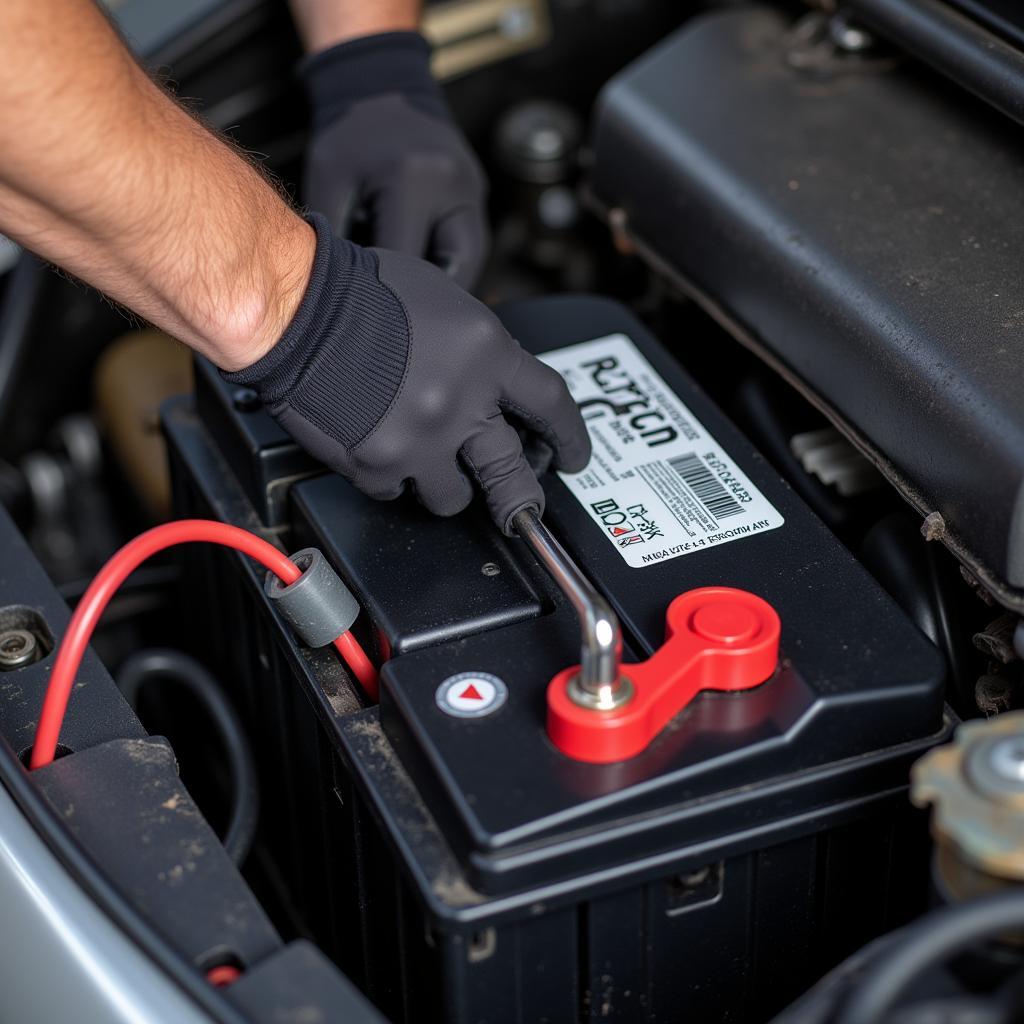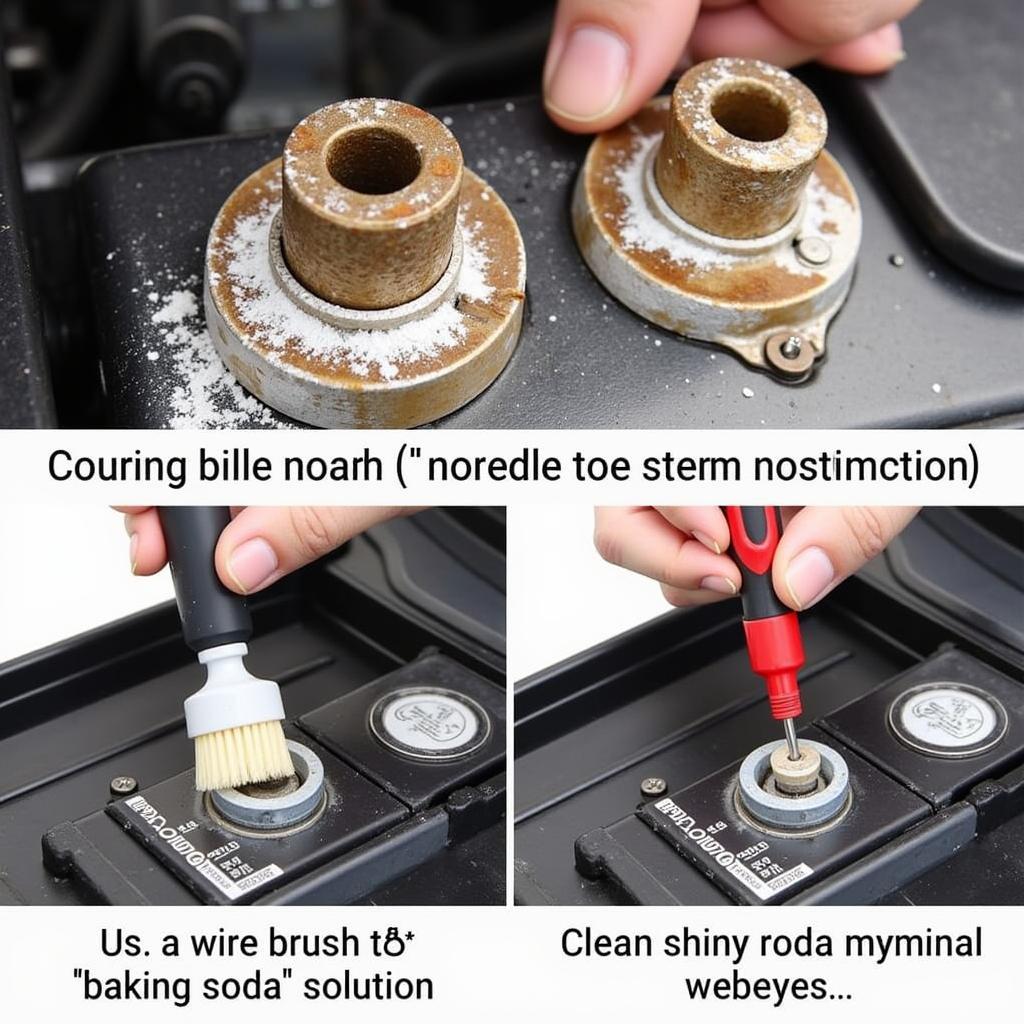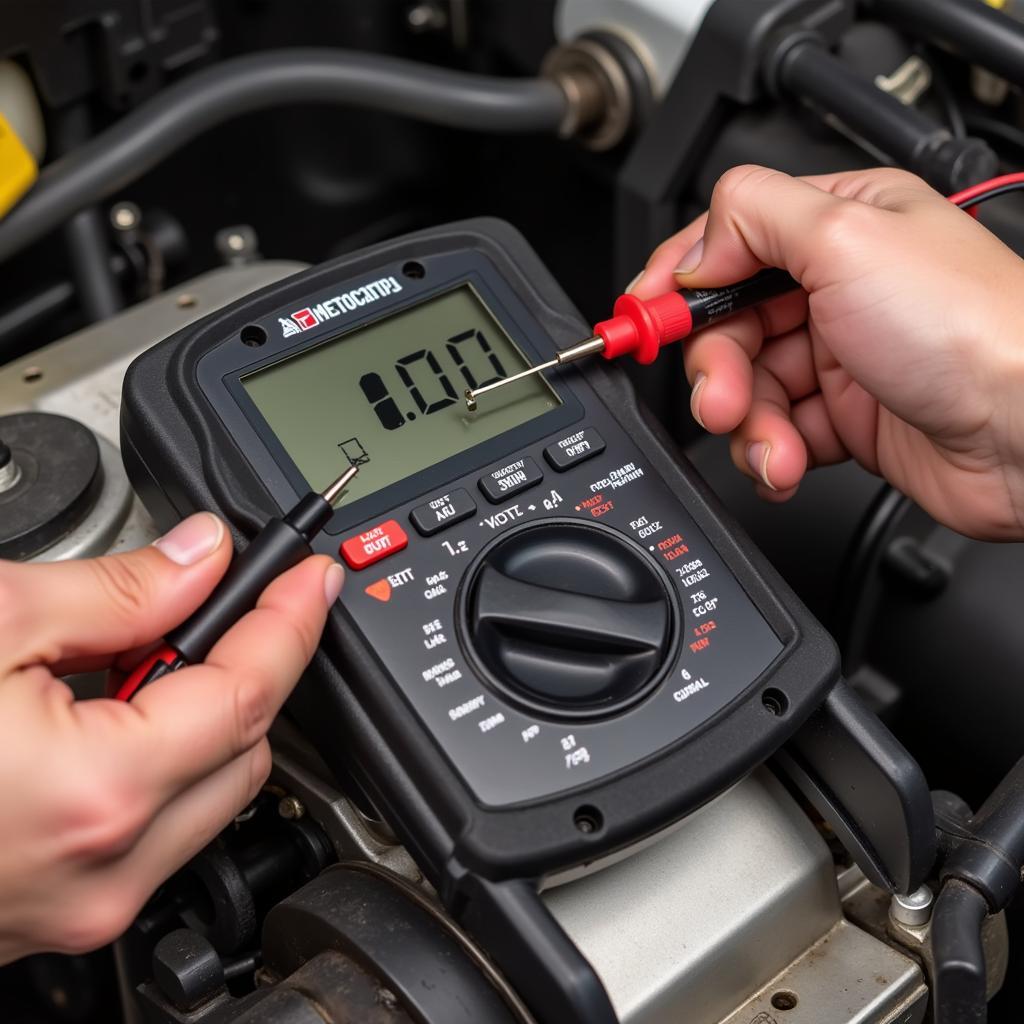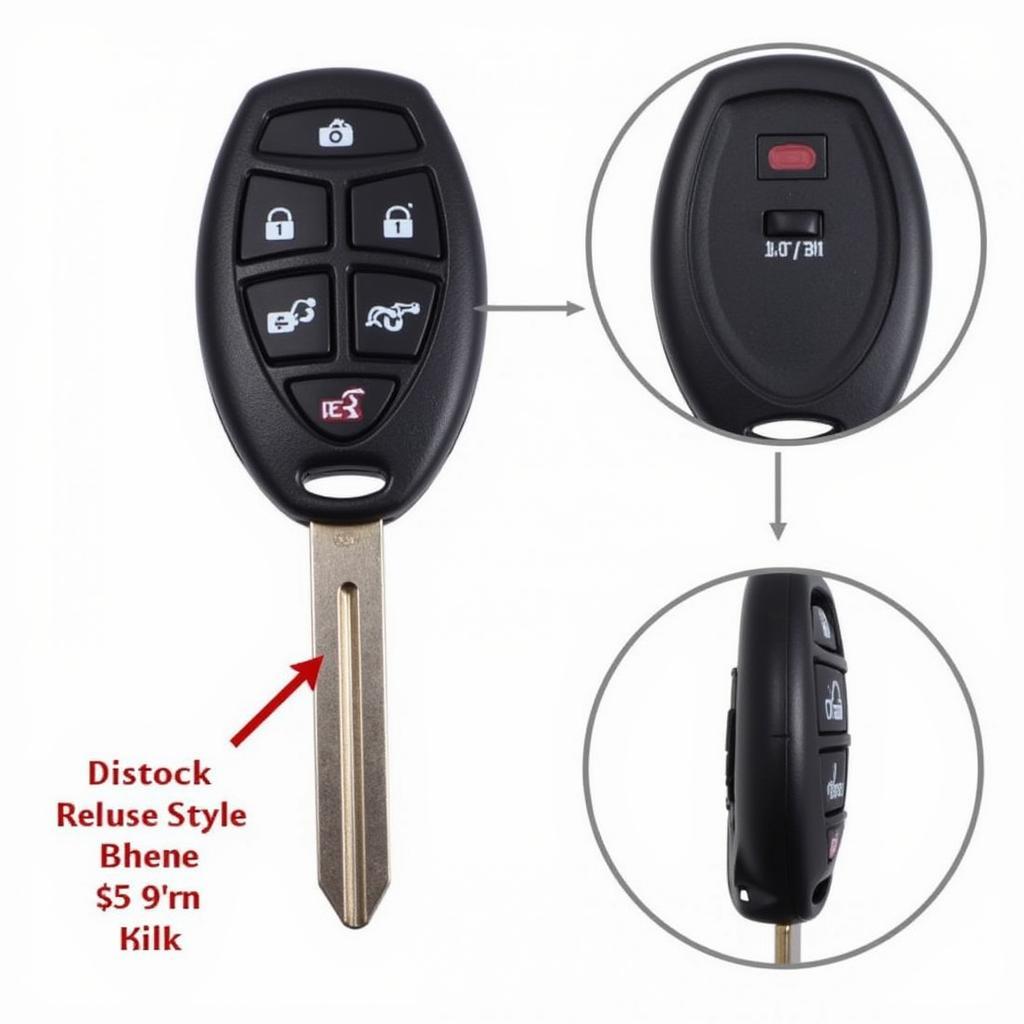You just installed a new battery, expecting your car to roar back to life, but it’s still stubbornly refusing to start. Don’t worry, a new battery and car still wont start is a surprisingly common issue. This comprehensive guide will explore the reasons why this happens and provide actionable steps to troubleshoot the problem.
 New Car Battery Installation
New Car Battery Installation
Why a New Battery Might Not Start Your Car
While a dead battery is the most common culprit for a no-start, several other factors can mimic the symptoms. Even with a brand new battery, these issues can prevent your car from starting. These include problems with the starter, alternator, electrical system, or even something as simple as a corroded connection. Don’t immediately assume the new battery is faulty.
Checking the Basics: Connections and Cables
First, double-check the battery connections. Make sure the positive and negative terminals are securely attached and free of corrosion. A loose or corroded connection can prevent the battery from delivering power to the starter. Sometimes, a simple cleaning with a wire brush can resolve the issue. Also, inspect the battery cables for any signs of damage, such as fraying or cracks. Damaged cables can impede the flow of electricity.
 Corroded Battery Terminals and Cleaning Process
Corroded Battery Terminals and Cleaning Process
If you’re struggling with jump starting your car, you may want to read our article on battery jump starter not working.
Beyond the Battery: Starter and Alternator Issues
If the connections are good, the next suspects are the starter and alternator. The starter is responsible for cranking the engine, while the alternator recharges the battery while the engine is running. A faulty starter will often produce a clicking sound when you turn the key, but the engine won’t crank. A failing alternator, on the other hand, may allow the car to start initially with the new battery but won’t recharge it, leading to another no-start situation later.
Testing the Starter and Alternator
A simple test for the starter involves using a multimeter to check the voltage at the starter solenoid when the key is turned to the “start” position. For the alternator, a voltage test across the battery terminals while the engine is running can reveal whether it’s charging correctly. You can find detailed instructions for these tests online or in your car’s repair manual. If you need to replace your VW key fob battery, here’s a guide on how to replace vw key fob battery.
 Testing Car Starter with a Multimeter
Testing Car Starter with a Multimeter
Electrical System Gremlins: Fuses and Relays
Sometimes, a blown fuse or a faulty relay can be the reason your new battery and car still wont start. These components are responsible for controlling the flow of electricity to various parts of the car, including the starter. Check your car’s owner’s manual for the location of the fuse box and identify the fuses related to the starting system. A visual inspection or a multimeter can help determine if a fuse is blown.
Our article on brake module complete with shaft warner provides more information about automotive electrical systems.
“It’s always worthwhile to check the simple things first,” says automotive electrical expert, David Miller. “A blown fuse or a corroded connection can be easily overlooked but cause significant starting problems.”
Immobilizer Issues and Key Fob Problems
Modern cars often have immobilizer systems that prevent the engine from starting without the correct key fob present. If the key fob battery is dead or the immobilizer system malfunctions, the car may not start even with a new battery. Try replacing the key fob battery or consult a professional for immobilizer system diagnostics. For BMW owners, this article might be helpful: how to open bmw key fob.
“Modern cars are increasingly complex,” notes automotive engineer, Sarah Chen. “Issues with the immobilizer system or key fob can mimic a dead battery, even with a brand new one installed.”
For those interested in car audio systems, you might find our smart car highline radio wiring diagram helpful.
Conclusion
Dealing with a car that refuses to start, even with a new battery, can be frustrating. However, by systematically checking the connections, starter, alternator, electrical system, and immobilizer system, you can often pinpoint the culprit and get your car back on the road. If you’re still stumped after trying these troubleshooting steps, it’s always best to consult a qualified automotive technician for further diagnosis and repair. Don’t let a new battery and car still wont start situation keep you stranded!

